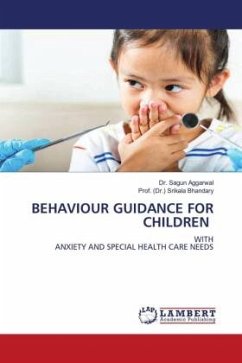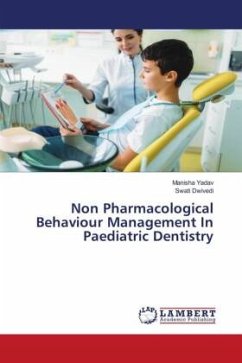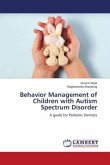Pediatric dentists have a range of behavioral management methods at their disposal, and it is crucial to tailor these approaches in accordance with cultural, philosophical, and legal standards in the dentist's country of practice. The primary objective of these methods is to benefit the child in their dental care.As societal perceptions of dentistry, technological advancements, lifestyle changes, and parental behaviors continue to evolve, there is an increasing need to identify and develop improved, safer, and contemporary behavioral management methods for pediatric patients.In recent times, there has been a noticeable shift towards emphasizing evidence-based treatment guidelines in dentistry. However, the absence of randomized controlled trials means that consensus merely reflects the prevailing mindset. Even when controlled trials are available, drawing definitive conclusions is not always feasible. This challenge is particularly evident when addressing dental anxiety, especially in the context of pediatric age groups.
Bitte wählen Sie Ihr Anliegen aus.
Rechnungen
Retourenschein anfordern
Bestellstatus
Storno









